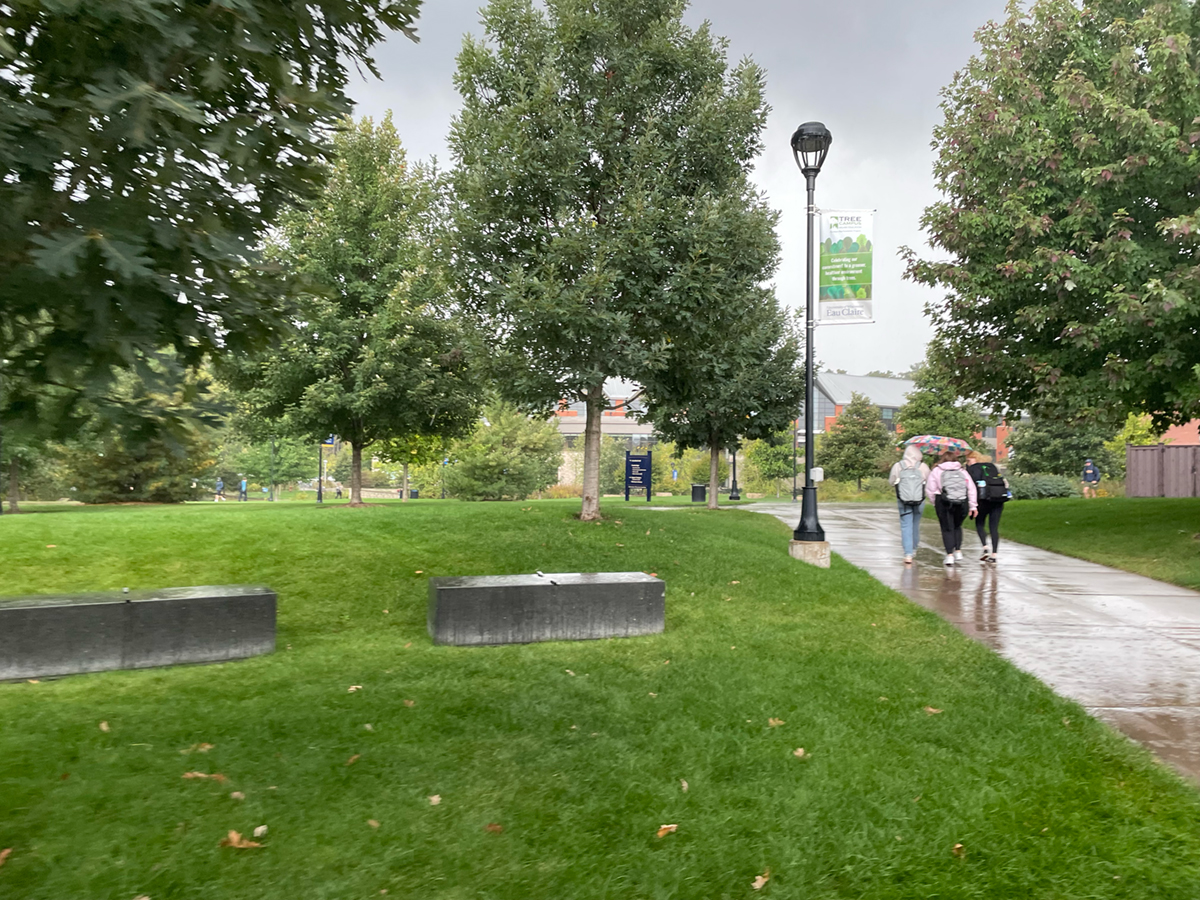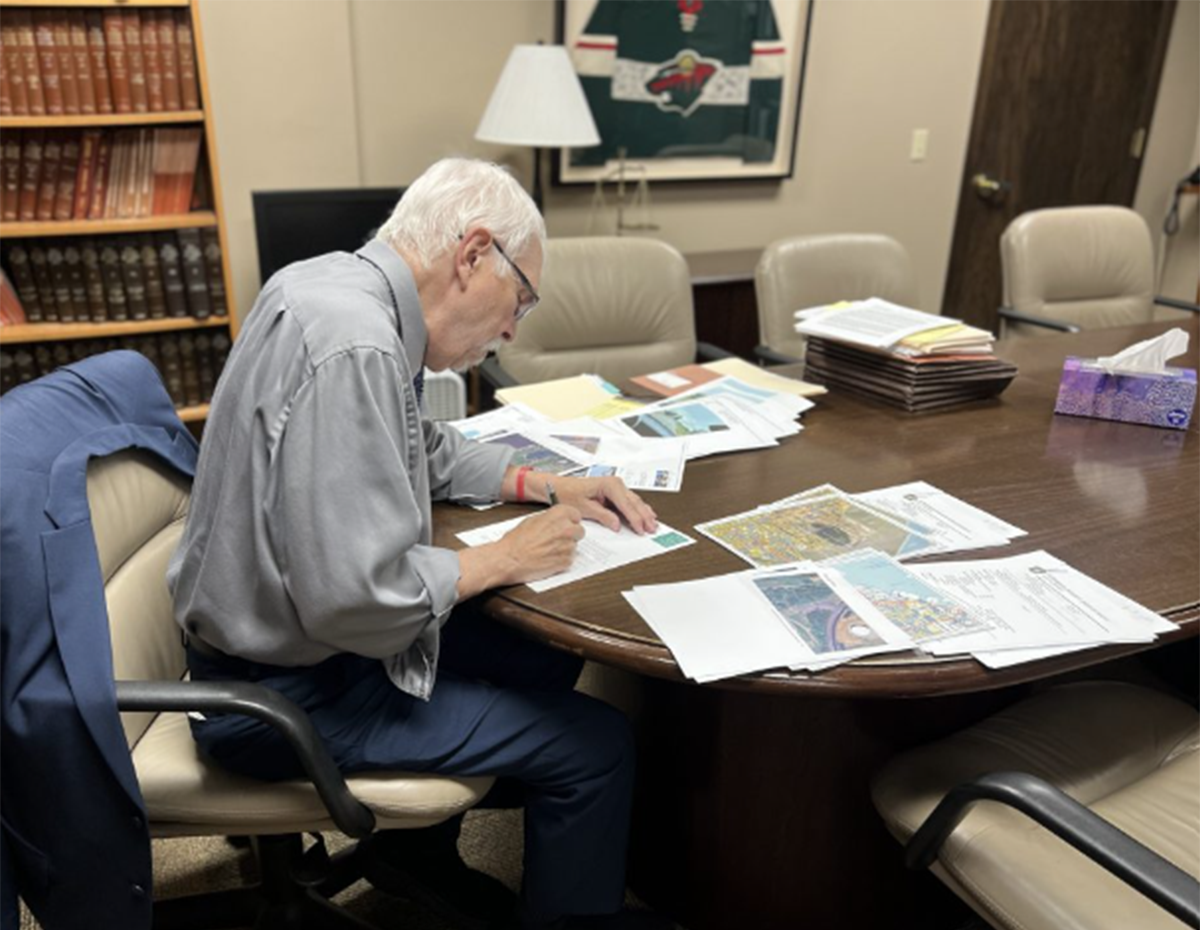Following the death of her friend and classmate Tanya Gartner – a UW-Eau Claire junior killed in a March 9 car accident – junior Joy Hudacek received information and updates from her fellow students.
Students in the classes she and Gartner had together provided an Internet link to the newspaper from Gartner’s hometown of Shawano as well as basic details of the car accident she had been involved in.
| Memorial service and reception for Tonya Gartner Story continues below advertisement Time: 8 p.m. |
But Hudacek kept waiting for an official university e-mail announcing Gartner’s death. She said she was unclear about the university’s policy surrounding student deaths.
“It probably wasn’t the most efficient system to wait for the (student) newspaper or to find out by chance,” Hudacek said.
Assistant English professor Scott Oates said students from Gartner’s classes became increasingly distressed as the week following her death passed with no official notice on campus. They wanted authoritative information, he said.
| “Losing other students is a challenging experience, even when they didn’t know (the student who died.)” –Robert Shaw Dean of Students |
Associate Dean of Students Bob Shaw said he received questions regarding the university’s student death policy from a couple of Gartner’s friends, prompting a re-examination of the protocol for such situations.
It was the first time Shaw has had a request to send an e-mail to the entire student body following a student death.
The Dean of Students office – circumstances permitting – now plans to ask the University News Bureau to send student death notices via e-mail to the campus population, Shaw said.
The university had sent e-mails when a student death potentially could pose an immediate threat to other students, Shaw said. This has been the case when students have died of meningitis, which is contagious.
In addition, when freshman Karen Hubbard died in late January 2002 while giving birth in an Oak Ridge Hall bathroom, students received an e-mail announcement because of the unusual circumstances involved, Shaw said.
“(Hubbard’s death) was so overwhelming,” he said. “I think it was a turning point, frankly.”
Due to the intensity of the issue and the national attention the Hubbard case received, Shaw said it became sort of a benchmark for student expectations regarding death announcements.
After the body of junior Michael Noll, who had been missing since Nov. 6, was recovered last Tuesday from Half Moon Lake, the News Bureau released a message to students on behalf of Chancellor Donald Mash.
The e-mail sent on Thursday, informed students of Noll’s and Gartner’s deaths. It also told students of an on-campus memorial service for Gartner and released funeral details for Noll.
Sending such an e-mail, however, may not be possible in every case, Shaw said. It would depend on which agency releases the news of a student’s death to family and close friends, he said.
The Dean of Students office and the Eau Claire police and health departments are examples of agencies that might initially inform families of a student’s death, Shaw said. The originating agency depends on the circumstances of the death, including its location.
No matter what the circumstances, however, protecting the privacy of a student’s family and close friends is the main priority, Shaw said.
After initial notifications have been made, the university’s concern turns to the rest of the campus.
“Students feel a companionship with other students,” Shaw said. “Losing other students is a challenging experience, even when they didn’t know (the student who died).”
Hudacek said she agrees that the student’s family should come first when a death occurs.
“I’m not critical of the policy at all,” she said. “I just didn’t know about (it).”






